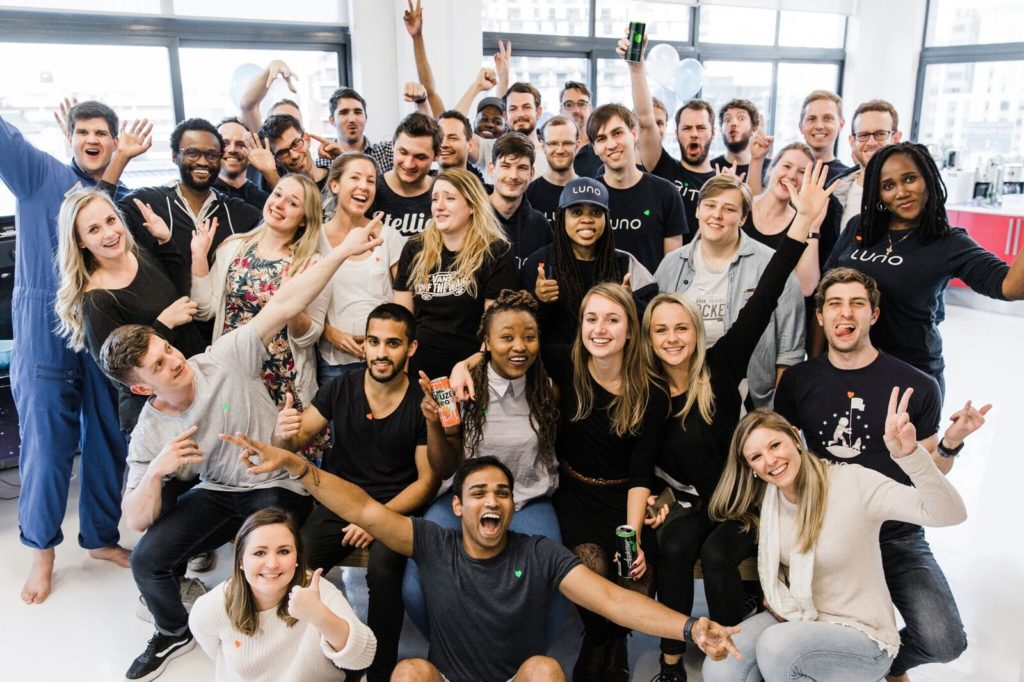South Africa’s startup ecosystem is robust and growing, but our entrepreneurs and investors need to develop a truly global mindset to take advantage of a globalising world.
Two recent startup studies on the country’s entrepreneurial and investment sector, released just this month, backs up the hype with research and hard figures, pointing to a booming startup sector.
No ad to show here.
A report from the Netherlands-based startup research company VC4A, notes that the South African startup ecosystem is one of the most “robust and developed on the continent”, with strengths that include significant consumer and business markets, sophisticated entrepreneurial talent, and a strong corporate sector.
It also notes that the country has access to local capital and ties to a growing number of international investors, but that more needs to be done for the country to become a global player.
‘Vibrant VC sector’
Another report from Savca, an industry body for venture capital and private equity, says that the venture capital sector in South Africa continues to be “vibrant”, reporting more investment deals last year for South African entrepreneurs than the previous year.
Read more: Southern African VC sector invested over R1bn in 2017 reveals Savca report [Updated]
Read more: Half of SA startups in ecosystem support initiatives secure investment – VC4A
Savca reports that investment activity in the venture capital sector “soared” last year, with the overall value of deals recorded in a year exceeding more than R1-billion, with the growth trend expected to continue this year.
SA’s startup ecosystem is growing, but our entrepreneurs and investors need to develop a global mindset to take advantage of a globalising world
It notes that the average venture capital deal value of all active deals at the end of 2017 amounted to R8.34-million, compared to R7.59-million in 2016.
Early stage startup investments are growing, with local investors becoming less risk averse: By value in 2017, only 42% (2016: 51%) of VC deals were categorised as growth capital, while seed funding and startup capital totalled 57% (2016: 49%).
Angel investment almost doubled in 2017 from R73-million, compared to R44-million invested in 2016. Savca notes that VC investors prefer to remain minority shareholders with the vast majority taking equity positions of less than 25% in the companies they invest in.
Not surprisingly, Savca says the entrepreneurial ecosystem that is taking on venture capital remains almost exclusively in Gauteng and the Western Cape.
Both these regions have relatively well-developed, and developing, startup ecosystems of incubators, accelerators, networking organisations and associations to support, educate and connect entrepreneurs with ideas and capital.
It’s this developing support ecosystem system that is key to getting startups funded, with VC4A saying that around 50% of startups that participate in this support structure show funding success. These startups on average also secure investments that are three times higher than those on the outside.
Next phase globalisation
VC4A says that our local startup ecosystem has successfully moved through an emerging phase, scoring high on “entrepreneurial spirit, English level proficiency, education and culture, ease of doing business and relative availability of seed and Series A funding”.
But it points out that the next phase for the startup sector is a globalisation phase, which includes global connectedness, global growth programmes, ease of bringing international talent to the market (such as work visas), and more favourable laws to support all this.
South Africa’s entrepreneurs need to realise that the world is more connected than ever before, and to create high-growth, digitally-enabled businesses that make an impact in the country and create jobs, they should build local but also aim beyond the borders of South Africa.
VC4A says that the government also needs to create more incentives to attract skilled professionals, as well as attract entrepreneurs with international experience to build businesses in the country.
This will bring more seasoned startup founders into the space, result in skills transfer, create international networks, create more export-focused companies, as well as more high-growth businesses that create jobs.
It’s a glimpse of a positive future for the country. If South Africa gets it right, it’s within the startup sector that the country’s future industries, sectors and jobs will be created.
Matthew Buckland is an investor, entrepreneur and founder of Ventureburn.com. This column was first published in his regular column on Business Day (see that version here).
Featured image: A photograph of SA-founded startup Luno’s team. Luno earlier this month announced the opening of its African headquarters in Johannesburg (Supplied)
